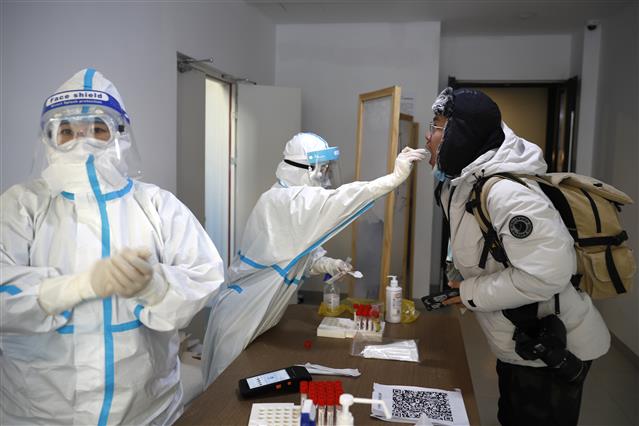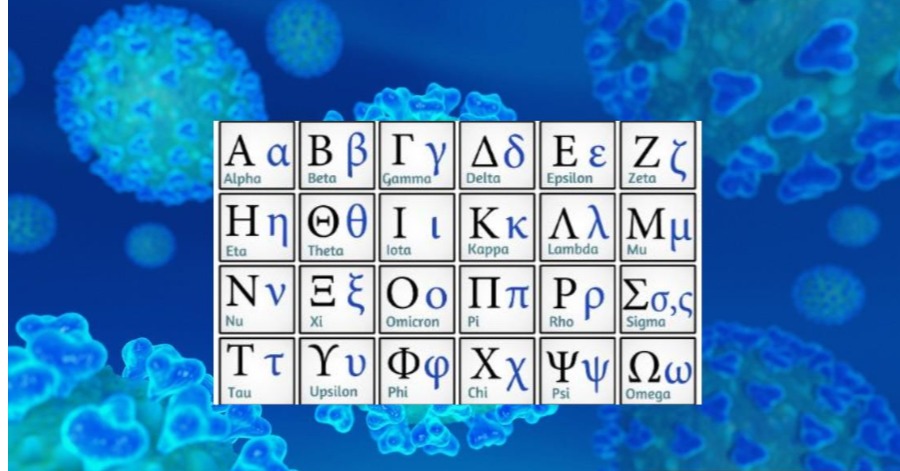From 2020 up to now, we have been dealing with the Covid-19 pandemic. And as if that wasn’t enough, now we have a new variant of it called Omicron. Omicron, a new coronavirus subtype, has reignited Covid-19 fears throughout the world. Scientists are attempting to determine whether the new strain is more contagious or if existing vaccinations will be effective in combating it.
On November 24, 2021, a group of South African scientists revealed the discovery of a novel coronavirus variation with a larger number of mutations than previous versions. The World Health Organization (WHO) confirmed two days later that the new variety, known as the ‘Omicron’ strain, was certainly a cause for worry (VOC).

Tulio de Oliveira, a South African scientist, claimed during a press conference that the omicron form had roughly 50 alterations, with more than 30 of them in the spike protein, which interacts with human cells prior to cell entrance.

Furthermore, the receptor-binding domain — the component of the virus that initially makes contact with human cells — includes ten changes, significantly more than the delta Covid variety, which expanded quickly earlier this year to become the dominant strain globally with just two. This amount of mutation indicates that it most likely originated from a single patient who was unable to eliminate the virus, allowing it to develop genetically. The Covid variant alpha was subjected to the same hypothesis.
How Did It Get Its Name?
The new variant’s name is Omicron, which is the 15th letter in the Greek alphabet. The previous strains of the virus were given names based on the first 12 letters. When naming the freshly found variety, the World Health Organization (WHO) skipped the 13th and 14th letters – Nu and Xi.
Many people are perplexed as to why the WHO omitted two letters in the Greek alphabet when designating the new Covid-19 version. People attempted to infer implications from WHO’s selection of Omicron. One of the motivations was to avoid any misunderstanding or stigmatization of a certain place.

Many people referred to the new variety as Nu, but as WHO established that the new variant’s name is Omicron, many changed their minds. WHO authorities confirmed this rationale, according to Paul Nuki, a senior writer with The Telegraph. The Greek alphabet characters Nu and Xi were purposefully avoided. To avoid confusion with the term “new,” Nu was omitted, and Xi was omitted to avoid stigmatizing an area.
Covid strains are only labeled as varieties of concern by the organization when they are more transmissible, pathogenic, or proficient at evading public health interventions like vaccinations and medicines. While experts believe there’s reason to be concerned about Omicron, they also point out that there’s still a lot we don’t know, such as if the variety is more infectious, causes more severe disease, or what influence it could have on vaccine effectiveness.
Sources: NBC New York, Live Mint, NBC New York, World Economic Forum, New York Times, World Health Organization, CNN









Leave a Comment